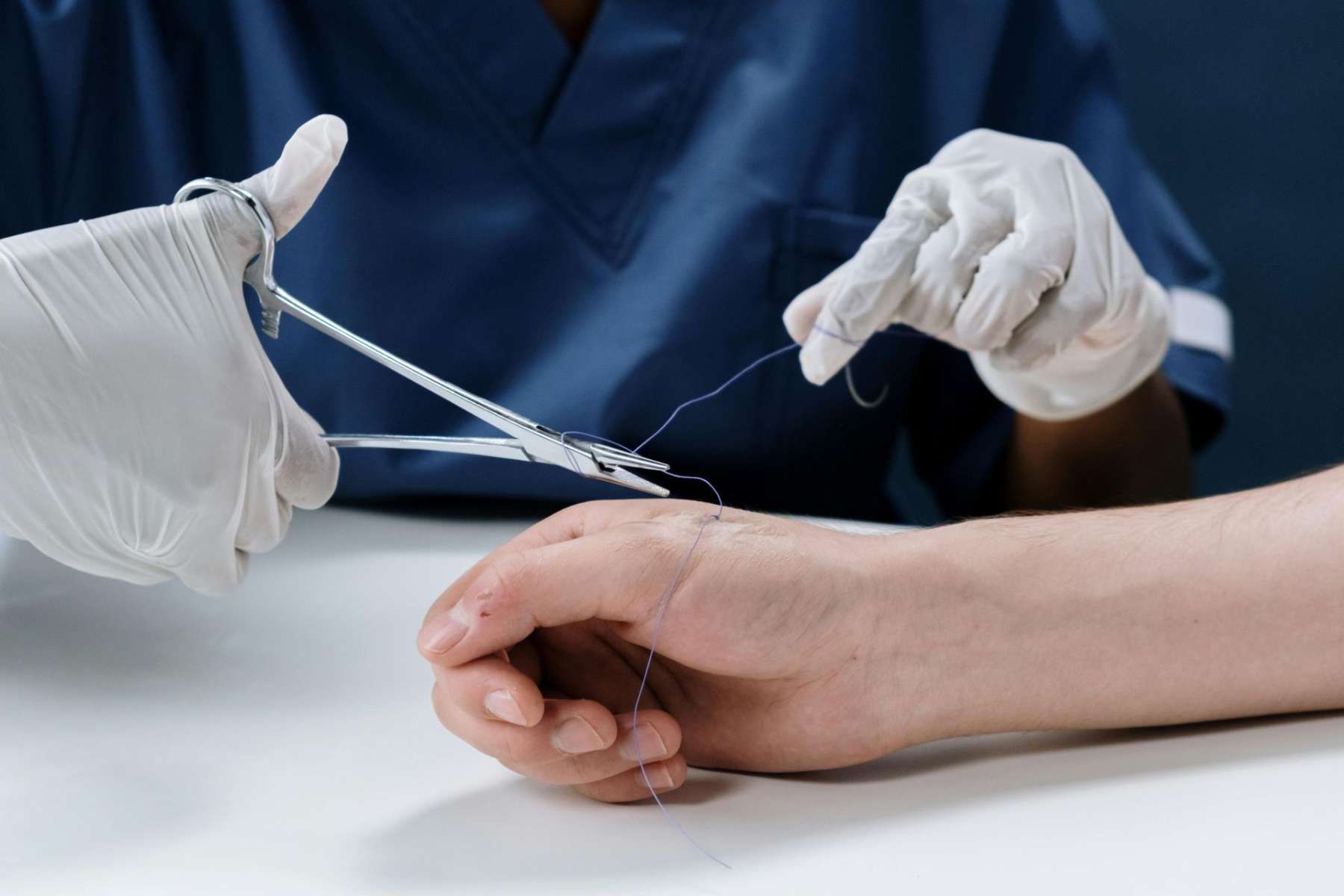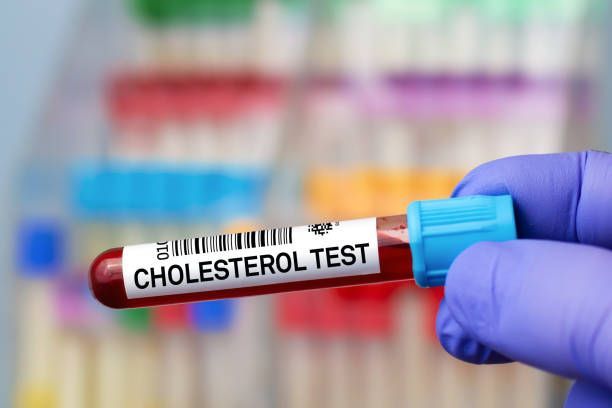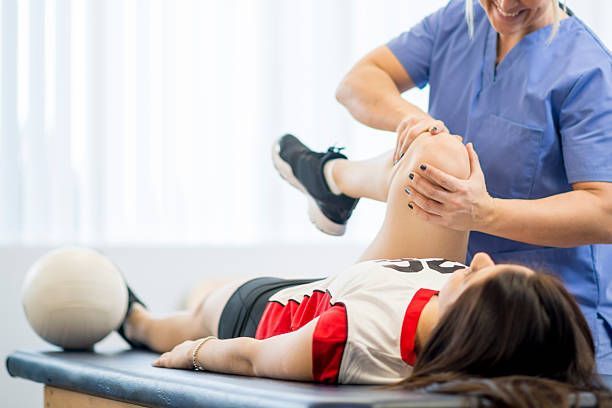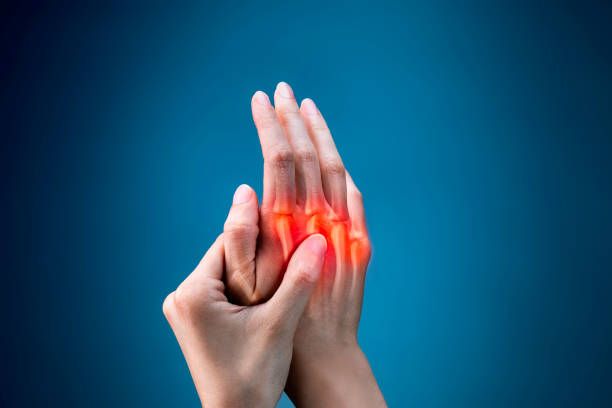Treating Hand Injury or Hand Swelling Causes and Preventions
New Your hands are some of the most intricate and vital parts of your body, allowing you to perform everything from basic tasks like eating to complex actions like typing or playing musical instruments. Given their constant use, it’s no surprise that hand injuries and swelling are among the most common health issues people face. Understanding the causes, effective treatments, and preventive measures is crucial to maintaining healthy, functional hands.
This comprehensive guide delves into the common reasons for hand injuries and swelling, the available treatments, and how to prevent these problems in the future.
What Causes Common Hand Injuries and Swelling?
Hand injuries and swelling can result from a variety of sources, including trauma, repetitive stress, infections, and underlying health conditions. Below, we explore these causes in greater detail.

1. Trauma and Accidents
The hand’s vulnerability to external forces makes it prone to injuries caused by:
- Fractures and Dislocations: High-impact events like car accidents or falls can break bones or dislocate joints. According to the American Academy of Orthopaedic Surgeons, the most common fractures in the hand involve the fingers, thumb, or metacarpals.
- Cuts and Lacerations: Accidents with sharp objects can damage the skin, muscles, tendons, or nerves. Deep lacerations may require stitches or even surgical repair.
- Crush Injuries: Heavy machinery or objects can compress the hand, causing tissue and nerve damage that may take months to heal.
2. Repetitive Stress Injuries
Repetitive hand movements, especially in occupations like typing, assembly-line work, or carpentry, can lead to:
- Carpal Tunnel Syndrome (CTS): Caused by the compression of the median nerve, CTS often results in tingling, numbness, and weakness.
- Tendinitis: Overusing tendons can cause inflammation and pain, commonly affecting the wrist, thumb, or elbow.
3. Infections
Infections, often from minor cuts or puncture wounds, can escalate quickly:
- Paronychia: A bacterial or fungal infection around the nail bed causing redness, swelling, and pus formation.
- Cellulitis: A potentially serious bacterial infection of the skin that can spread rapidly if untreated.
4. Systemic Health Conditions
Underlying health issues can manifest as hand swelling or pain, including:
- Arthritis: Both rheumatoid arthritis (an autoimmune disorder) and osteoarthritis (caused by wear and tear) can lead to chronic hand pain and stiffness.
- Gout: High levels of uric acid can form crystals in joints, causing sudden, intense swelling and pain in the fingers.
5. Burns and Frostbite
Thermal burns, chemical exposure, or extreme cold can cause severe damage to the skin and underlying tissues, often leading to swelling and long-term complications.
Recognizing the Symptoms of Hand Swelling and Injury
The symptoms of hand injuries and swelling can vary widely depending on the cause but often include:
- Sharp or dull pain
- Redness or discoloration
- Swelling or puffiness
- Bruising or tenderness
- Numbness or tingling
- Difficulty moving fingers or gripping objects
Certain symptoms, like deformities, fever, or signs of infection, indicate the need for immediate medical attention.

Read this next:
Your Ultimate Guide to Locating the Best Urgent Care Near You
Treatments for Hand Injuries and Swelling
Addressing hand injuries and swelling involves both immediate first aid and, in some cases, long-term medical intervention. Here are the most effective treatments:
1. Hand Injury First Aid Measures
When an injury occurs, take these steps right away:
- Rest: Stop using the injured hand to avoid exacerbating the issue.
- Ice Application: Apply ice packs for 15–20 minutes every hour to reduce swelling and numb pain.
- Compression: Wrap the injured area with an elastic bandage, ensuring it isn’t too tight.
- Elevation: Keep the hand raised above the heart level to minimize swelling.
2. Medications
- Pain Relievers: Non-prescription drugs like ibuprofen can alleviate both pain and inflammation.
- Antibiotics: Infections may require a course of antibiotics to prevent complications.
3. Professional Medical Care
If first aid doesn’t resolve the problem, consult a healthcare provider for:
- Splints or Casts: To stabilize fractures or sprains during healing.
- Surgical Repairs: Necessary for severe injuries like tendon tears or misaligned fractures.
- Physical Therapy: Strengthening and flexibility exercises can help regain full functionality.
4. Advanced Therapies for Swelling
Managing persistent swelling involves:
- Compression Gloves: Useful for reducing swelling caused by conditions like arthritis.
- Heat Therapy: After the acute swelling subsides, heat packs can relax stiff muscles and improve blood flow.
Preventing Hand Injuries and Swelling
Prevention is key to avoiding the discomfort and inconvenience of hand injuries. By adopting proactive measures, you can protect your hands and minimize risks.
1. Ergonomic Practices
- Use ergonomic keyboards, tools, and workstations to reduce strain.
- Take regular breaks during repetitive tasks to stretch and rest your hands.
2. Protective Gear
- Wear gloves when working with sharp objects, chemicals, or heavy machinery.
- Use wrist guards during sports or physical labor.
3. Healthy Lifestyle Choices
- Stay hydrated and maintain a balanced diet rich in anti-inflammatory foods like salmon, spinach, and walnuts.
- Engage in regular exercises to improve hand strength and flexibility.
4. Hygiene and Wound Care
- Keep hands clean to reduce the risk of infections.
- Treat minor cuts and scrapes promptly with antiseptics and bandages.
When to Seek Hand Injury Urgent Care
While many hand issues resolve on their own, certain situations require medical evaluation:
- Severe pain or persistent swelling
- Visible deformities or misaligned bones
- Signs of infection, such as redness, warmth, or pus
- Loss of sensation or ability to move fingers
Read this next: Most Common Conditions Treated in Urgent Care Clinics: A Comprehensive Guide
Get Treated Today
Your hands play a vital role in your daily life, and taking care of them should be a priority. By understanding the causes and symptoms of hand injuries and swelling, you can address issues promptly and effectively.
If you’re experiencing pain, swelling, or limited mobility in your hands, don’t ignore it. Get the treatment you need today.
Check in with us at UrgiClinic Urgent Care. Our experienced team is equipped to diagnose and treat a wide range of minor injuries and illnesses. Contact us today or visit our clinic to get expert care tailored to your needs!













